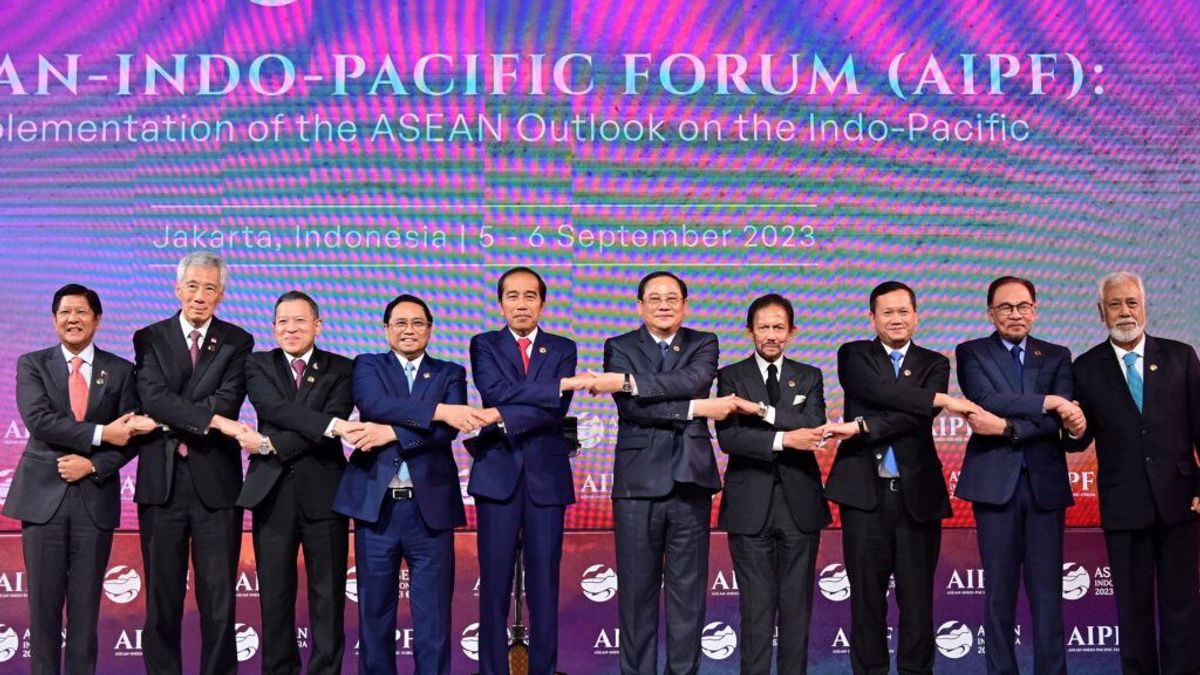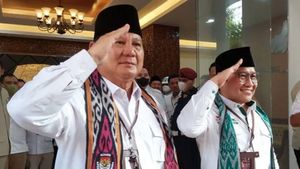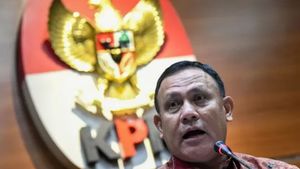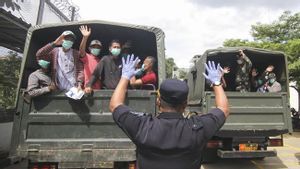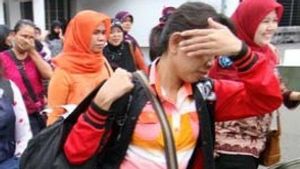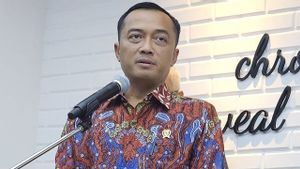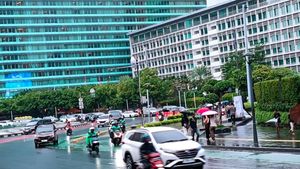The message brought by the DPR RI at the 43rd ASEAN Summit (KTT) held in Jakarta is considered to have a fairly high urgency. As a partner of the Government, Parliament is considered to have a role in policy formation for the people so that the synergy between the two institutions is very important.
"The cooperation between Parliament and the Government is very urgent because the synergy between Parliament and the Government is very important when the Government makes policies," said Professor of International Law at the University of Indonesia (UI), Prof. Hikmahanto Juwana, Thursday, September 7.
At the opening of the 43rd ASEAN Summit, the Chairperson of the Indonesian House of Representatives, Puan Maharani, emphasized the importance of synergy between parliament and the government in the Southeast Asian region in facing global situations and challenges. Hikmahanto assessed that the message conveyed by Puan needed attention considering that parliament was a representative of the people.
"The government cannot ignore parliament because parliament as a representation of the people needs to be involved," he said.
In the ASEAN 43rd Summit which was attended by the leaders of ASEAN countries, Puan also said that the synergy between the government and parliament was key in responding to increasingly complex global challenges.
Cooperation between parliament and the government is not limited to the national level. Reflecting on the experience of handling the Covid-19 pandemic that has hit the world, including Southeast Asia, the good synergy between parliament and the government allows countries in ASEAN to formulate stronger and more effective responses.
Hikmahanto said that parliament as the people's representative has an important role in formulating policies and legislation that affect foreign relations and diplomacy in a country.
اقرأ أيضا:
"So that the role of parliament also includes evaluating foreign policies and ensuring that national interests and regional values can be maintained together," explained the Chancellor of Jenderal A. Yani University.
Hikmahanto also highlighted the call of the DPR RI for all ASEAN countries to compactly implement the Five Points of Consensus (5PC) in handling the crisis in Myanmar.
Moreover, Southeast Asian parliaments through the 44th ASEAN Inter-Parliamentary Assembly (AIPA) General Assembly (AIPA) which was just completed in Jakarta some time ago have resulted in consensus exploring the mechanism and can be used to oversee the implementation of the 5PC which has been used as a guideline regarding the situation in Myanmar so that it is safe and peaceful again.
At the 44th AIPA General Assembly with the Indonesian House of Representatives as the host, Parliament throughout Southeast Asia also agreed to form an Ad-Hoc committee in order to help Myanmar achieve peaceful and sustainable solutions.
Not only that, AIPA also plans to send representatives in the form of a task force to Myanmar to monitor the settlement of the humanitarian crisis and see the conditions of the people there who are affected by the conflict.
"The steps to be taken should be appreciated where the dialogue is put forward," said Hikmahanto.
He added that support for the implementation of 5PC in Myanmar is a positive step in supporting the values of peace held in ASEAN. Even so, Hikmahanto encouraged AIPA to intervene more in leaders in Southeast Asia considering the increasing number of civilian casualties in Myanmar.
"AIPA needs to encourage the Head of Administration and ASEAN countries to discuss other options so that civilian casualties in Myanmar do not continue to fall," he said.
One of them is by utilizing the Responsibility to Protect (R2P) instrument known in international law, "added Hikmahanto.
Responsibility to Protect itself is a principle in international relations aimed at preventing mass culling, war crimes, ethnic cleansing and crimes against humanity. This principle states that every country has a responsibility to protect (responsibility to protection) its people from the four types of crimes.
Through this instrument, the international community also has a responsibility to help countries fulfill their duties. If for various reasons a country is unable or does not have the will to protect its people, it is the responsibility of the international community to intervene.
Interventions are carried out in order to save society from mass destruction and also from various other crimes against humanity. This principle has been simultaneously supported by the international community at the 2005 United Nations World Summit (KTT) where countries in the world pledged to uphold the principle of 'Responsibility to Protect' so that the world would never again witness humanitarian tragedy.
However, Hikmahanto emphasized that this instrument should be carried out for peaceful achievements in Myanmar without the use of violence and more on the economic approach.
"The R2P implemented should not use weapons but carry out economic embargoes," he said.
The English, Chinese, Japanese, Arabic, and French versions are automatically generated by the AI. So there may still be inaccuracies in translating, please always see Indonesian as our main language. (system supported by DigitalSiber.id)
